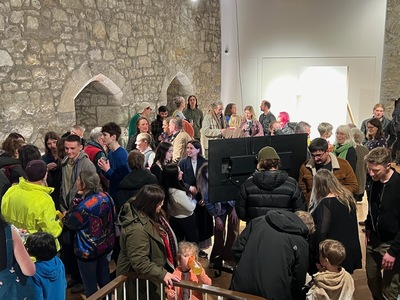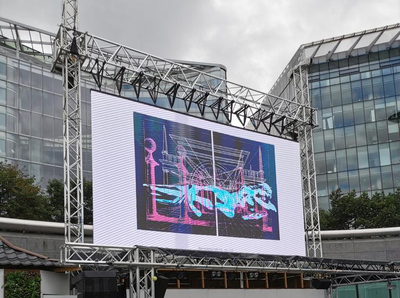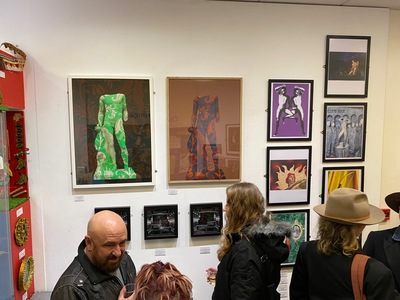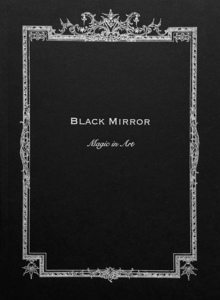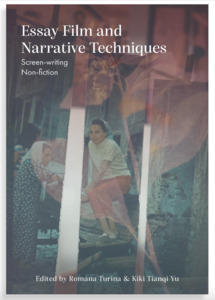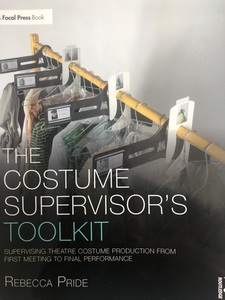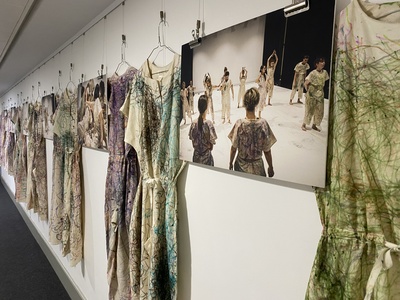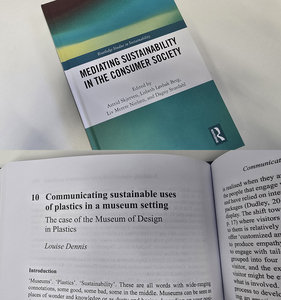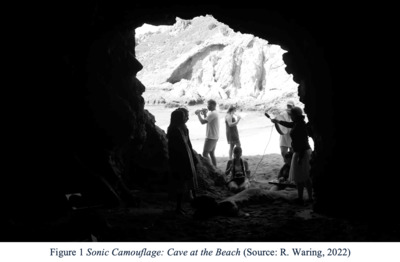The war to recover the Falkland Islands from invasion in 1982 has been described as the last eruption of colonial warfare to be fought by the British Empire. The short, scrappy conflict was conducted under draconian restrictions that controlled the transmission of images, texts and first-hand frontline narratives. Despite an imaginative record of commissioning war art in the 20th century, the British government, through its Artistic Records Committee, chose to send a single artist to accompany troops in the latter part of the war. Her background as a nationally recognised illustrator prepared her to depict the scenery of war, its idiosyncrasies and informal incidents. Her portfolio of line drawings reinforced positive notions of the authority of the eye-witness. First-hand visual testimony effectively trumped all. Newspaper photographers and those working on syndication to agencies produced an equally spontaneous body of raw material. This paper explores the front-line work produced at the time and the body of creative material that later emerged, as artists, art therapists and other visual commentators started to reflect, critique and celebrate the British Empire’s ‘last colonial war’.
 |



 Lists
Lists Lists
Lists

![Gough_Falklands_2019.jpg [thumbnail of Gough_Falklands_2019.jpg]](https://research.aub.ac.uk/171/1.haslightboxThumbnailVersion/Gough_Falklands_2019.jpg)

